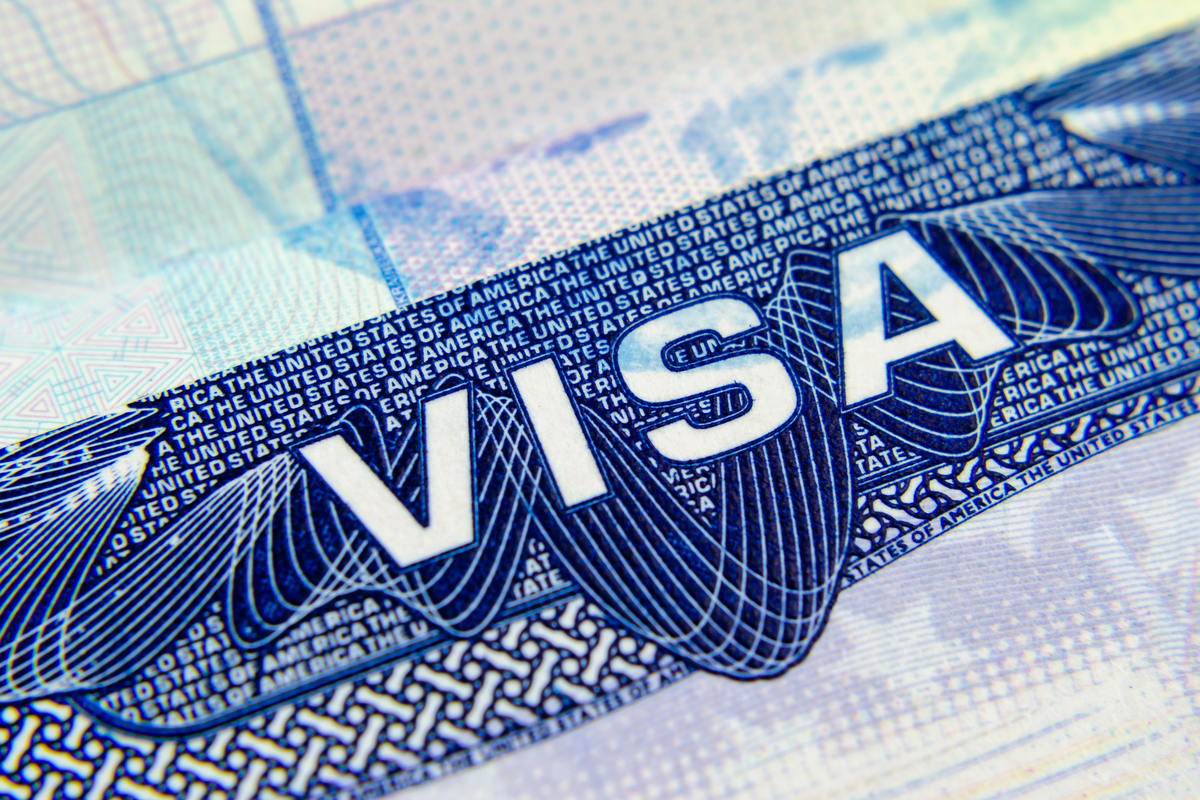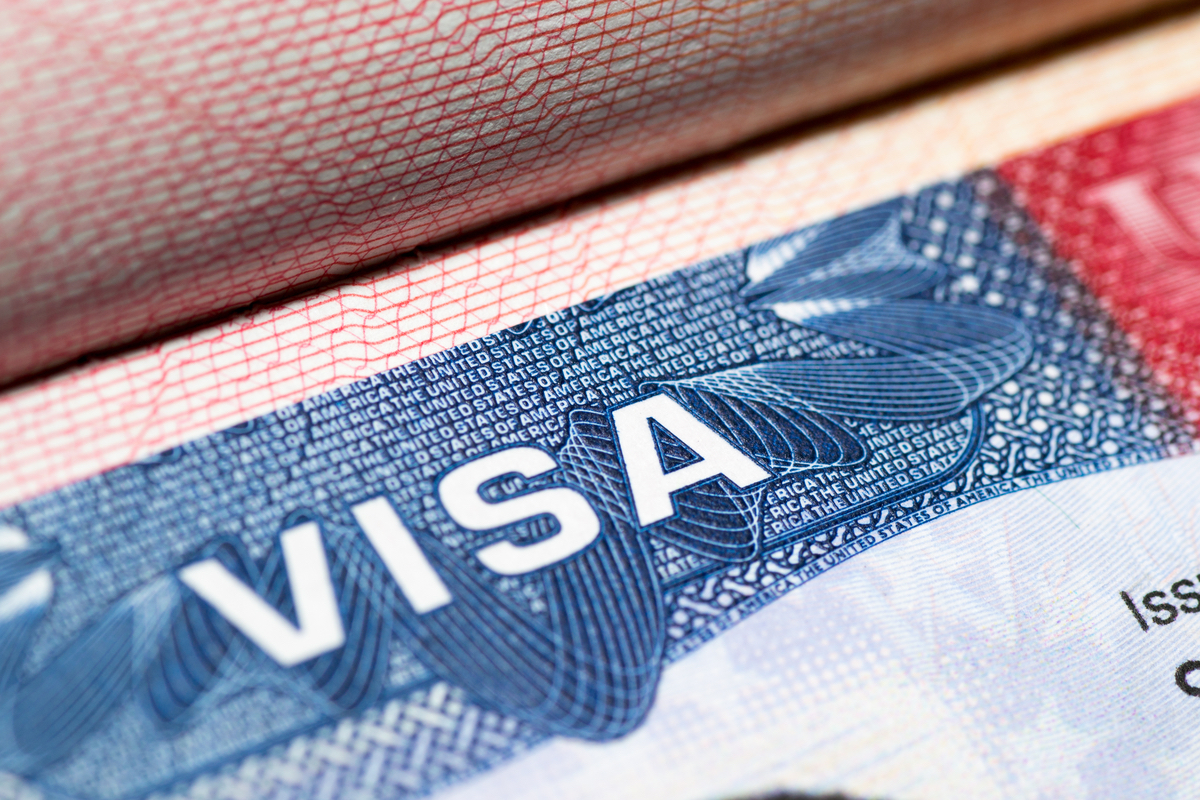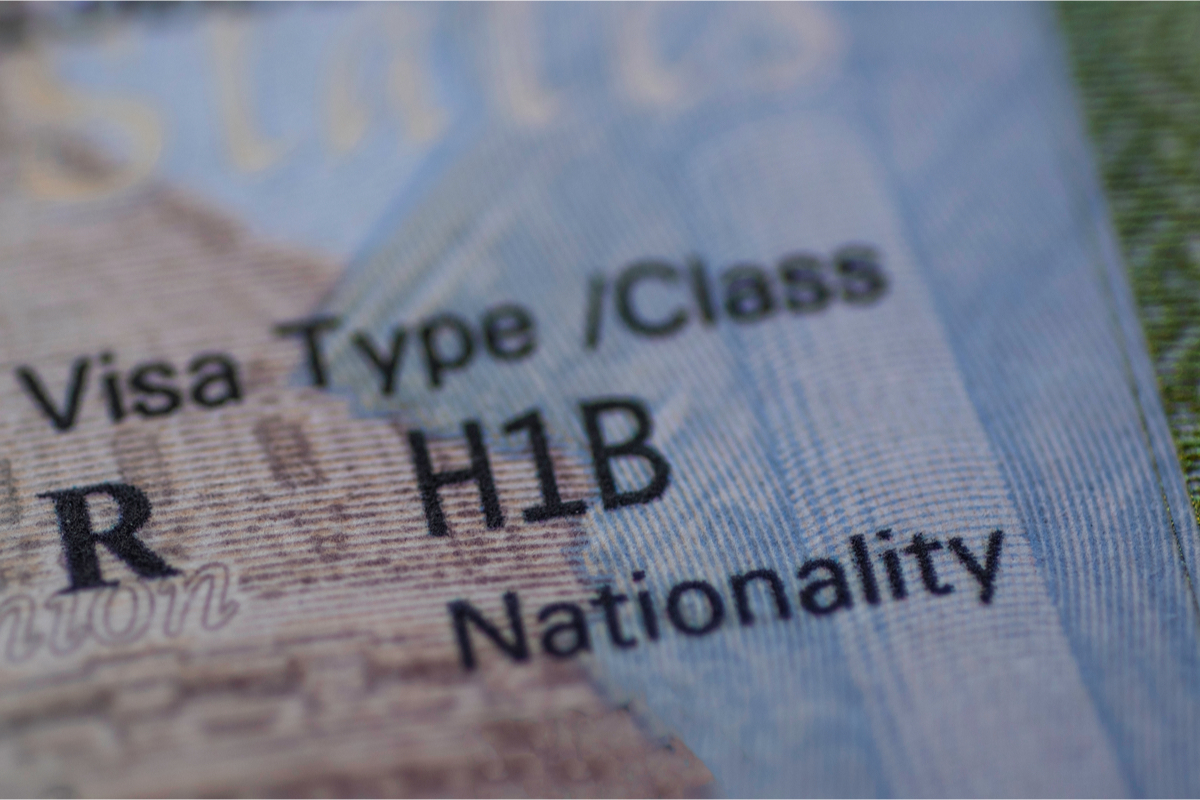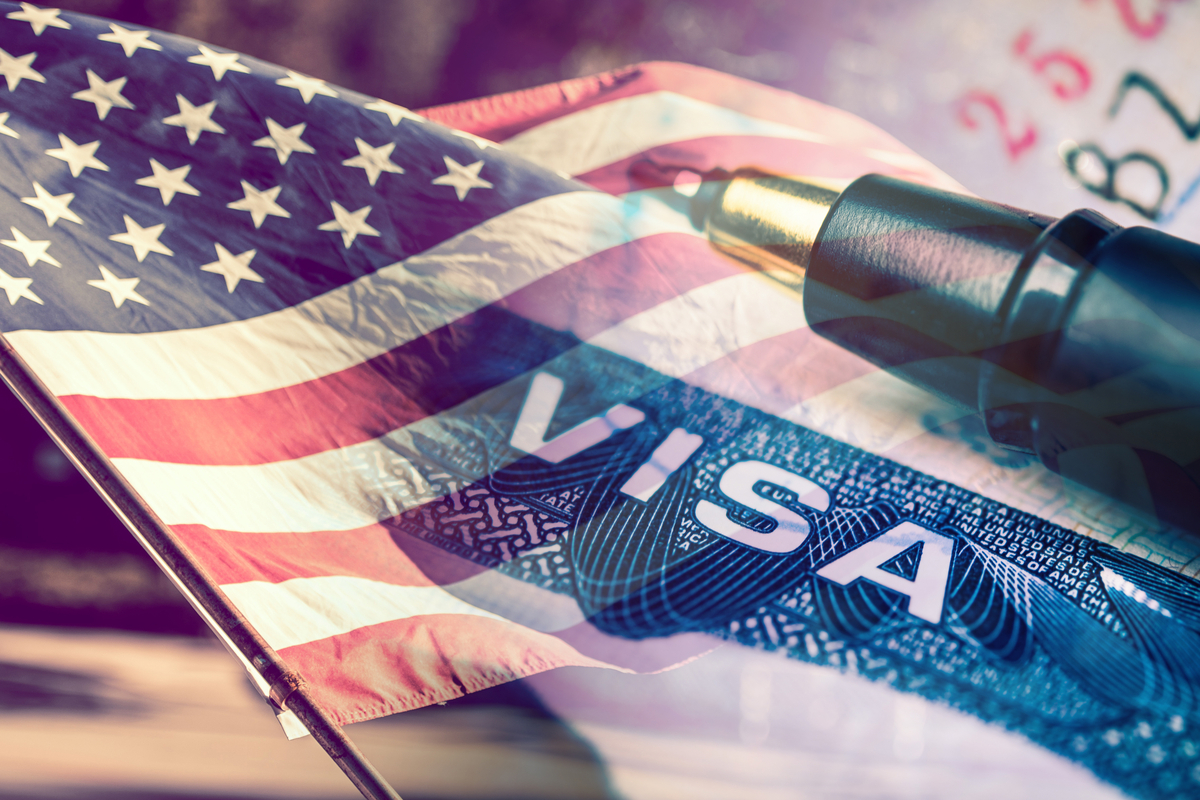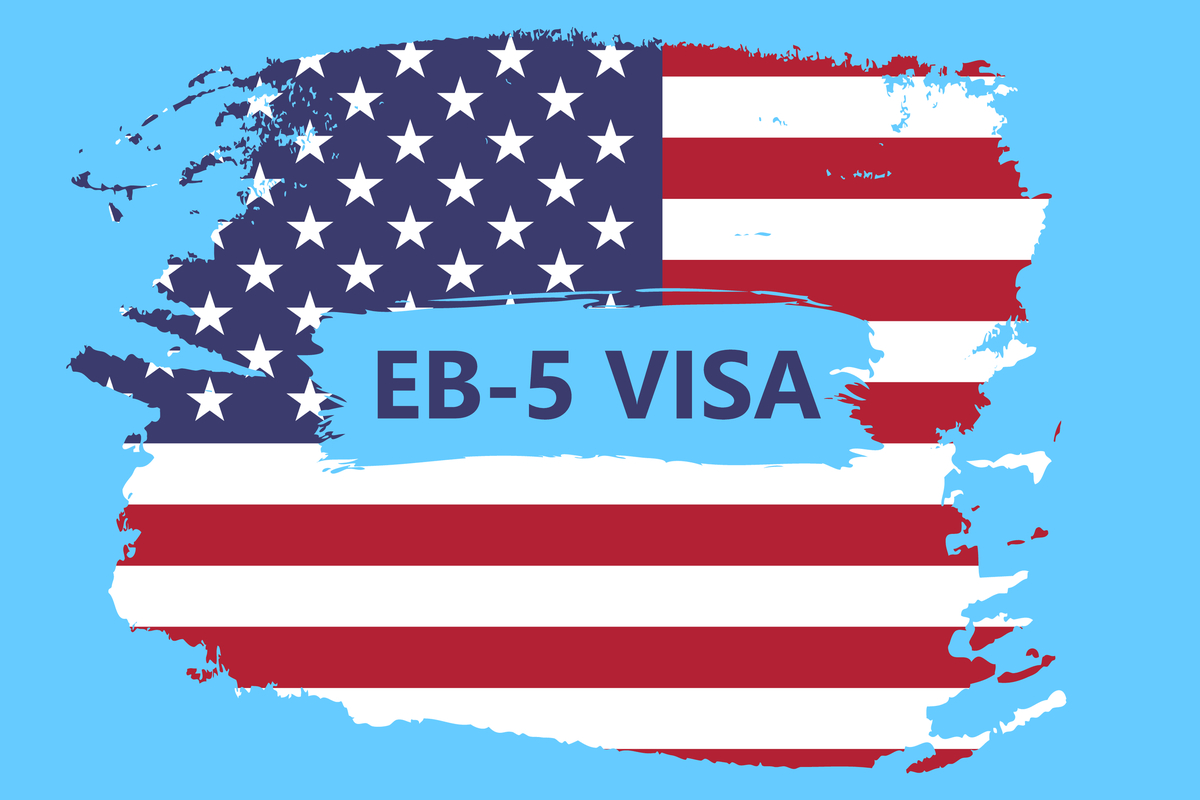What is the J-1 Visa: How it Works
The J-1 visa allows foreign nationals to study, conduct research, and other opportunities for a few weeks or years. To participate in the Exchange Visitor Program, applicants must meet specific requirements required by the Department of State. Navigating federal rules and laws is sometimes a complex process.
J-1 Visa Purpose
The Exchange Visitor Program serves as a way for foreign citizens to work, gain experience, and engage in academic study in the United States. Examples of J-1 visa applicants include:
- Au pair
- Physician
- Intern
- Professor
- College student
- Research scholar
- Summer work travel
These are a few examples of the typical reason an applicant applies for a J-1 visa. The reason for the visit generally determines the length of an applicant’s stay in the United States.
An au pair, for example, typically receives a J-1 visa for one year. Other time limit requirements include:
- Specialist: one year
- Teachers: up to three years
- Professors: not to exceed five years
- Camp counselor: four months
- Doctors, internship, or residency: not to exceed seven years
- Government visitors: 18 months
An extension is sometimes possible, depending upon a variety of factors. J-1 applicants can learn about visa applications and visa issuance fees by contacting their embassy or consulate.
It is important to note that a visa does not guarantee entry into the United States. Instead, a visa allows travel to a port of entry, such as an airport, in the United States. The visa holder is then allowed or denied entry by the Department of Homeland Security and the U.S. Customs and Border Protection agents.
J-2 Visa
Spouses and children — under the age of 18 and unmarried — of J-1 applicants can apply for J-2 visas. The length of a J-2 visa stay, once approved, matches the J-1 visa holder’s time limit.
Spouses and children may apply for and obtain authorization to work in the United States. Contact a Louisiana visa attorney for a free case consultation to learn more about how the J-1 and J-2 visa process works.
J-1 Visa Requirements
There are two components to the J-1 visa: the applicant and the sponsor. Universities and medical facilities are two examples of types of J-1 visa sponsors. Both applicants and sponsors must meet specific requirements to complete the visa process. An incomplete application may delay the process or result in a denied visa.
J-1 Visa Applicants and the Two-Year Physical Residence Requirement
One condition of some J-1 visa applicants involves the two-year physical residence requirement. Applicants who agree to the terms of the J-1 visa must return to their home country for two years following their U.S. visit.
The two-year requirement binds J-1 visa holders who seek to do the following:
- Changing status: change to a nonimmigrant category
- Adjust status: from immigrant visa to lawful permanent resident status
- Receive an immigrant visa at a U.S. Embassy or Consulate
- Receive a temporary worker, intracompany transferee, or fiancee visa at a U.S. Embassy or Consulate
A waiver for the two-year physical residence requirement is sometimes possible. The reason for your exchange visitor visa and other factors may help you avoid this rather stringent requirement.
Ensuring that you follow federal requirements for your visa and any changes you seek is crucial for your goals. Hiring a lawyer familiar with the J-1 process can help protect you from a costly mistake that may prevent you from obtaining permanent residency.
Sponsor Requirements
Sponsors of a J-1 visa applicant must receive designation as an Exchange Visitor Participant by the Department of State. The State Department then assigns the sponsor a designated program number.
Program sponsors are responsible for the following:
- Screening and selecting eligible foreign nationals for their participation in the exchange visitor program
- Supporting and monitoring exchange visitors during their stay in the United States
If you are a J-1 applicant or sponsor, understanding all legal requirements for the process is where our team can help you. At Stephenson, Chavarri & Dawson, L.L.C., we can apply our knowledge of U.S. visa law to your application or sponsorship.
J-1 Visa Waiver for Louisiana Primary Care and Specialty Physicians
In Louisiana, federally-designated health professional shortage areas (HPSAs) connect foreign medical providers with rural areas. A J-1 visa waiver is possible upon:
- A predetermination of legibility
- A letter of support for placement
Applicants seeking a waiver must apply through the Louisiana Department of Health. Those who obtain a waiver must commit to a three-year stay in the program.
J-1 Visa Visitor Exchange Louisiana State University
Institutions of higher learning like that of Louisiana State University participate in the J-1 visa program. The temporary exchanges provide educational and cultural opportunities for students and staff.
Ensuring that your application is complete or protecting your current visa status is easier with a lawyer by your side. The visa process is complex and requires a dedicated focus of time and attention — something your lawyer can provide.
A Louisiana J-1 Visa Lawyer Can Help Protect Your Best Interests
The J-1 visa is a helpful way for foreign nationals to explore living and working in the United States. However, whether it is for study, research, or some other approved reason, adhering to the federal guidelines is crucial for a successful experience.
A Louisiana Immigration lawyer experienced with the J-1 visa can help protect your best interests. No matter where you are in the process, the lawyer you hire can help you better understand your next steps.
Do not let complex visa laws prevent you from pursuing the unique experience of interacting with United States citizens or foreign nationals. The collaboration that results from the exchange can result in unique learning and professional opportunities.
Get J-1 Visa Help from Stephenson, Chavarri, & Dawson, L.L.C. Today
You can conveniently contact us online or by phone: 504-523-6496 for your free case consultation. Get started on your exchange visitor program by contacting us today.

